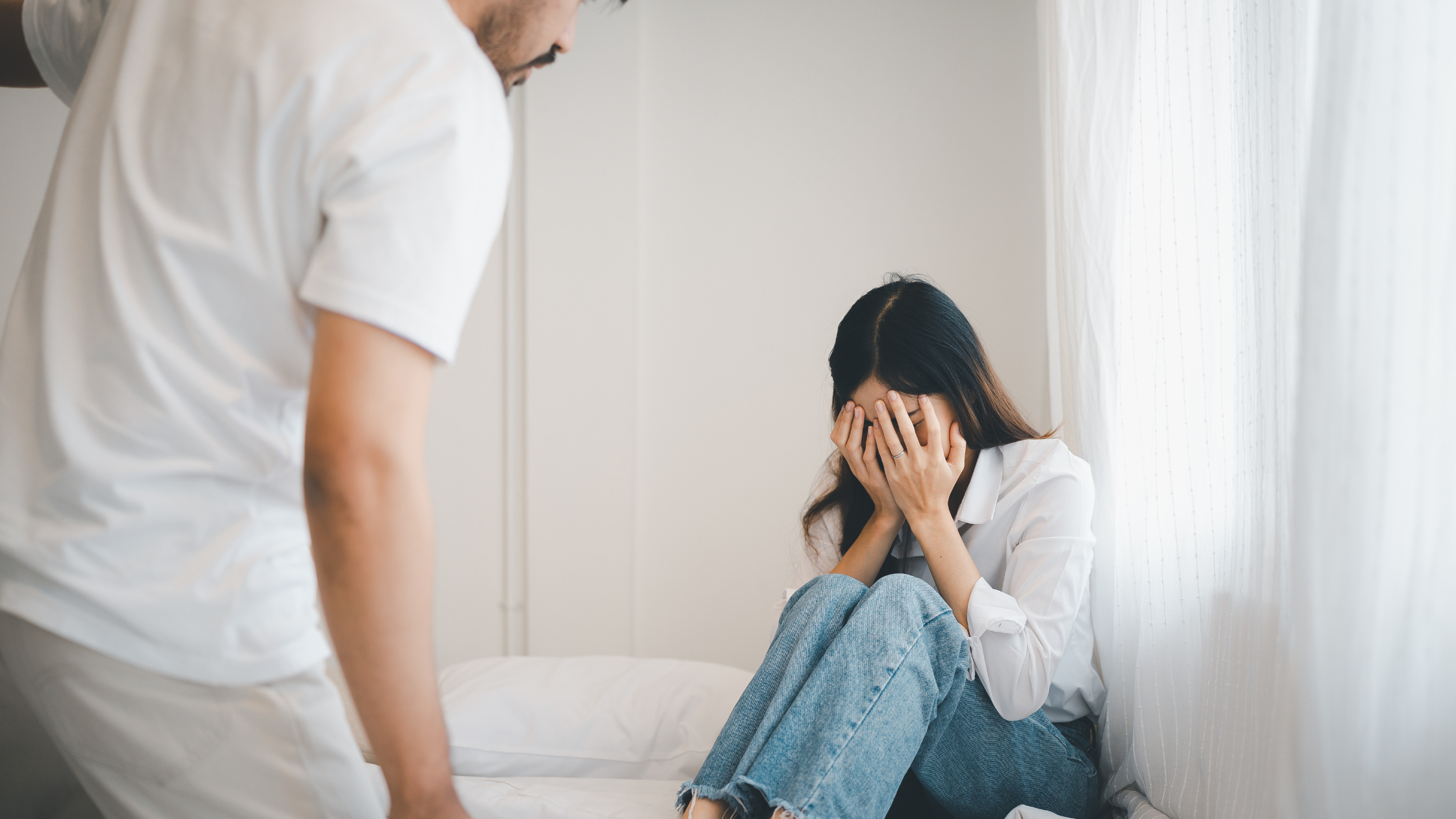Domestic violence is a serious issue in the US, affecting thousands of individuals and families every year. In particular, immigrant women are disproportionately affected by domestic violence, and they face unique challenges in seeking help and protection. VAWA relief for domestic violence victims provides a crucial lifeline, allowing immigrant survivors to access legal protections and support. As a lawyer in the US, it’s important to understand the laws and regulations that apply to these cases, particularly in the context of immigration law. This article will explore the topic of domestic battery and its relevance to VAWA relief for domestic violence victims, offering guidance for immigration lawyers looking to help their clients.
What is Domestic Battery?
Domestic battery refers to the use of physical force or violence against a family or household member, including spouses, children, and other relatives. Domestic battery can take many forms, including hitting, slapping, pushing, and strangling. In some cases, domestic battery can also involve sexual violence, emotional abuse, and financial control. Domestic battery is a serious crime in the US, and perpetrators can face criminal charges and penalties.
Domestic Battery and VAWA
The Violence Against Women Act (VAWA) is a federal law that was passed in 1994 to address domestic violence, dating violence, sexual assault, and stalking. VAWA provides protections and resources for victims of domestic violence, including immigrant women who may be particularly vulnerable. One of the key provisions of VAWA relief for domestic violence victims is the ability to self-petition for lawful permanent residency, without relying on their abusive spouse or partner to sponsor them.
Under VAWA, an immigrant victim of domestic violence can file a self-petition with US Citizenship and Immigration Services (USCIS), providing evidence of their abuse and demonstrating that they have a bona fide marriage or relationship with their abuser. If the self-petition is approved, the victim can obtain lawful permanent residency, allowing them to live and work in the US independently of their abuser. VAWA also provides other protections for immigrant victims of domestic violence, including the ability to obtain work authorization and protection from deportation.
How Immigration Lawyers Can Help
An experienced immigration attorney plays a key role in navigating the complexities of VAWA relief for domestic violence victims, ensuring all necessary evidence is gathered to support a strong case. Some key steps that immigration lawyers can take to support their clients:
- Understand the dynamics of domestic violence: Immigrant victims of domestic violence may face unique challenges, including language barriers, cultural differences, and fear of deportation. It’s important for immigration lawyers to understand these dynamics and to provide culturally sensitive and trauma-informed services to their clients.
- Screen for domestic violence: Immigration lawyers should screen their clients for domestic violence and other forms of abuse, even if they don’t disclose it initially. Domestic violence can have a significant impact on immigration status, and it’s important to identify these issues early in the process.
- File a VAWA self-petition: If a client is a victim of domestic violence, immigration lawyers can assist them in filing a self-petition under VAWA. This process can be complex and requires extensive documentation, so it’s important to work with a lawyer who is experienced in VAWA cases.
- Provide support services: Immigration lawyers can also provide their clients with support services, including referrals to domestic violence shelters, counseling services, and legal representation in criminal court. For clients navigating the emotional challenges of the VAWA process, therapy can play a vital role in their recovery and legal case. Our article, Therapy During the VAWA Process: Essential Support for U.S. Immigrants Facing Trauma, offers insights on how counseling can aid in healing and strengthen their VAWA application.
Choosing Your Immigration Lawyer
Choosing the right attorney for VAWA relief for domestic violence victims can significantly improve the outcome of your case, especially when cultural sensitivity and expertise are prioritized. If you’re looking for the best immigration lawyer to help you with your domestic violence case, it’s important to consider a few key factors. Here are some things to look for:
- Experience: Look for a lawyer who has experience working on VAWA cases and who understands the unique challenges faced by immigrant victims of domestic violence.
- Specialization: Domestic violence cases can be complex and require a lawyer who specializes in this area of law. Look for a lawyer who has a specific focus on domestic violence and immigration law.
- Communication: A good immigration lawyer should be responsive and communicative, keeping you informed throughout the process and answering any questions you may have.
- Cultural sensitivity: Domestic violence can be influenced by cultural factors, so it’s important to choose a lawyer who is culturally sensitive and able to provide services that are appropriate for your background and needs.
- Reputation: Look for a lawyer with a strong reputation in the legal community and a track record of success in VAWA cases.
What You Must Remember
Domestic violence is a serious issue in the US, affecting thousands of individuals and families every year. Immigrant women are particularly vulnerable to domestic violence, and they face unique challenges in seeking help and protection. As a lawyer in the US, it’s important to understand the laws and regulations that apply to domestic violence cases, especially in the context of immigration law. VAWA relief for domestic violence victims is a lifeline for many immigrants, empowering them to rebuild their lives free from fear and dependency on abusive partners. By understanding VAWA and working with experienced and specialized lawyers, immigrant victims of domestic violence can obtain the protection and support necessary to start anew.
Facebook: Qazi Law Offices
Instagram: AbogadaFarrahQazi
LinkedIn: Qazi Law offices

